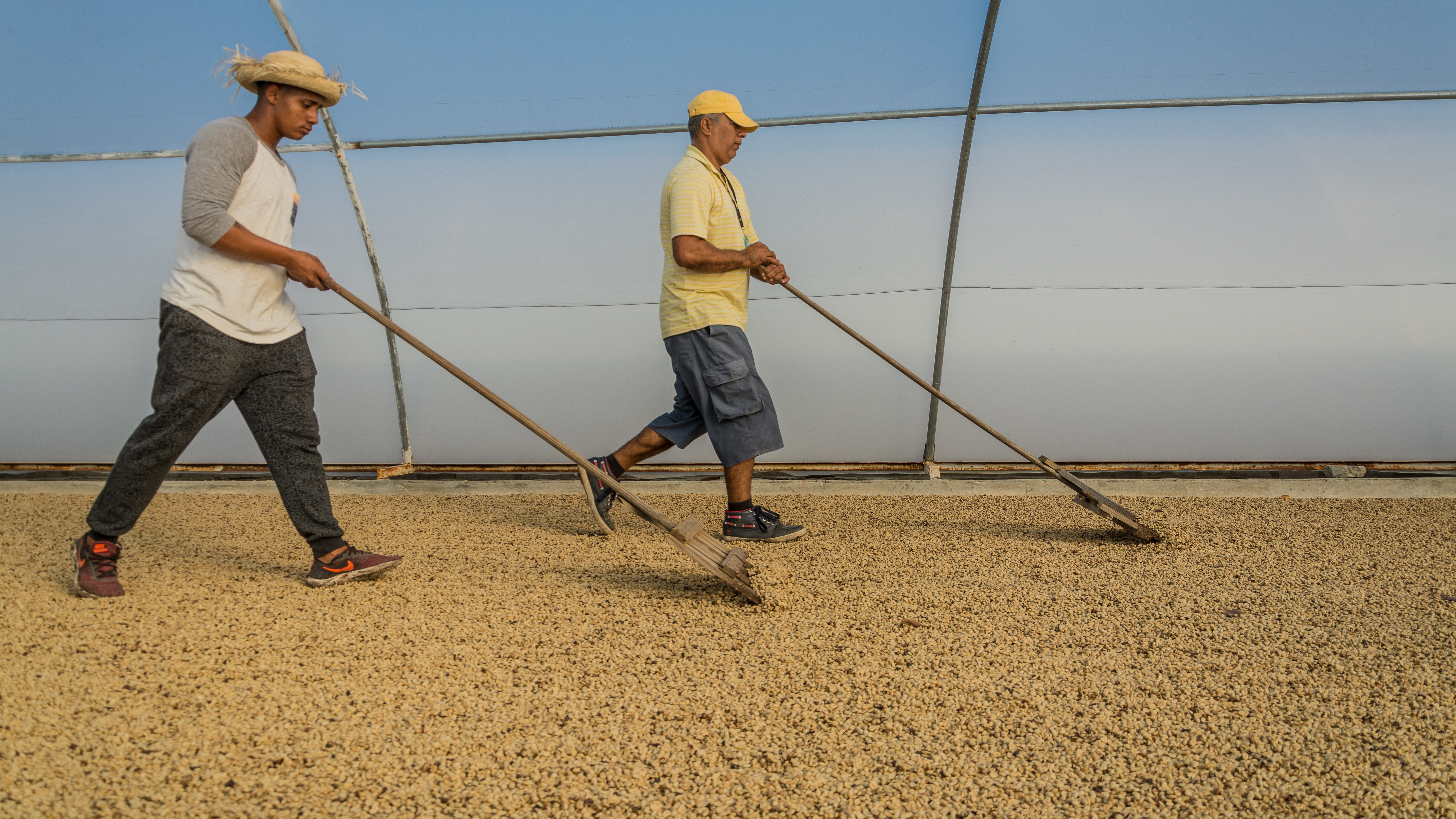New FAO Investment Centre report highlights achievements in 2018

Substantially more public and private investment is needed annually to eliminate poverty and hunger by 2030.
The good news is that several countries are aligning their policies toward development that is more effective and gearing their budgets to achieve the Sustainable Development Goals (SDGs). At the same time, private investors are increasingly putting their money behind initiatives that generate social and environmental impacts alongside financial returns.
As the FAO Investment Centre’s 2018 Annual Report shows, FAO is responding to this evolving development finance landscape.
The new report highlights the “many notable achievements we made last year with our partners in pursuit of greater impact, knowledge and innovation,” FAO Investment Centre Director Mohamed Manssouri said.
“2018 was an incredibly active year. We continued helping our member countries design and implement good quality public investments to improve food security, manage natural resources more sustainably and enhance climate resilience. At the same time, we played a strategic role in promoting a good climate for private investment and also strengthened the ability of people and institutions to make better investment decisions,” he added.
Noteworthy developments include a new collaborative programme with the African Development Bank; the launch of two initiatives – Agrinvest and AgrIntel – to crowd in more private investment toward the SDGs; the formulation of seven funding proposals for submission to the Green Climate Fund; and a stock-taking exercise on digital agriculture.
All told, the Investment Centre delivered 900 assignments in 116 countries. In particular, it contributed to the design of 47 projects financed by international financing institution (IFI) partners in 32 countries, for a total investment value of USD 7.2 billion.
It also produced 17 agricultural strategies, 19 policy studies and 54 sector studies, and organized 11 public-private dialogue processes.
While implementation support made up the lion’s share of the Centre’s investment support services in 2018 at 55 percent, investment design and policy support accounted for 30 percent and 15 percent, respectively.
The Investment Centre worked mainly with IFIs and member countries to carry out this work. It also partnered with national organizations, the private sector, civil society organizations and producer organizations.
In a new feature in this edition, some of the Investment Centre’s IFI partners share their thoughts on their respective partnerships. The report also shines a spotlight on the Investment Centre’s collaboration with other FAO technical divisions and decentralized offices worldwide in its quest to achieve greater impact.
Future Perspectives
Looking ahead, the Investment Centre will target promising opportunities for investment support.
This means advancing the digital transformation of the agrifood sector, growing both the private and green investment portfolios and enhancing, more systematically, the focus on knowledge and innovation for investment.
The Investment Centre will keep promoting stronger linkages between policy assistance and investment support to achieve greater impact at scale.
As FAO Deputy Director-General (Programmes) Daniel Gustafson said, FAO will “continue to help countries realize their full potential and make better investment decisions for a healthier, greener and more sustainable future.”
